
Offering Support After the Texas Hill Country Flooding
Offering Support After the Texas Hill Country Flooding By: Rane Wallace, MS, LPC, LCDC, SAP When tragedy strikes, it comes out of nowhere. And it
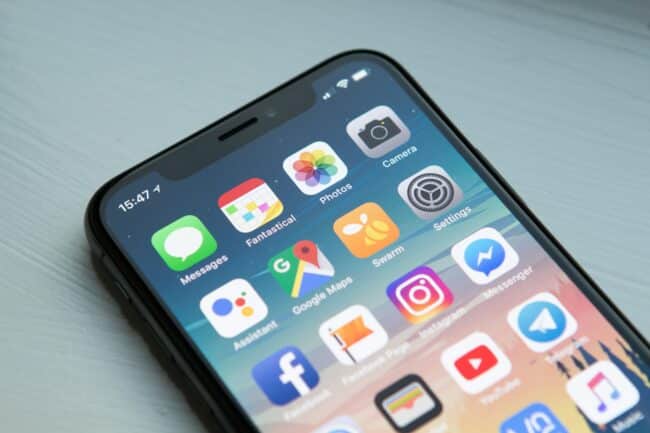
In today’s world, there’s no escaping the presence of social media. More than half the world (4.7 billion people – or 59% of us) are using social media, and 227 million users logged on for the first time last year. Additionally, studies show that social media usage will continue to rise. And with new platforms emerging monthly, it’s not hard to imagine why.
While we cannot entirely avoid the presence of social media in our lives, we can control its impact. If this sounds like something you’re interested in, today’s blog post explains how to have a healthy relationship with social media.
Before delving into how to have a healthy relationship with social media, why should we care? Well, social media significantly affects our mental well-being. Multiple studies have demonstrated a strong link between heavy social media use and an increased risk of depression, anxiety, loneliness, self-harm, suicidal thoughts, and more. Specifically, social media promotes negative experiences like:
How you choose to use the platforms will determine whether social media has a positive or negative effect on your life. If you’re wondering how to have a healthy relationship with social media, here are some suggestions:
One way to maintain a positive relationship with social media is to schedule your usage. Balance is key when it comes to tackling social media use, and experts recommend setting aside specific times to browse (and times to log off). It’s especially important to stay off social media before bedtime and when you’re socializing with friends and family.
Are you logging on to post a photo of your Pad Thai? Or maybe you’re trying to remember a friend’s birthday? Whatever it is, take a moment to consciously understand why you’re logging on to social media at that moment. Then, sign off when you’re finished. Doing so puts you in control of your social media usage (instead of letting the algorithms and other users take over).
It’s far too easy to get swept down the comparison rabbit hole. However, we encourage you to resist the urge. Remember that social media is a highlight reel, and the moments people share aren’t necessarily accurate depictions of their lives. Instead, view posts as inspiration to achieve your own goals and be selective about who you follow.
If you want to have a healthy relationship with social media, you must think before you post. Don’t stress about the number of likes you’ll receive or how the post will impact people’s perceptions of you. Instead, focus on posting content that’s encouraging, supportive, authentic, and uplifting.
Because social media has such a profound impact on our mental well-being, it’s important to check in with yourself before using it. If you’re feeling down, try going for a walk outside or calling a friend before scrolling mindlessly through your feed. And if receiving (or NOT receiving) notifications throughout the day makes you anxious, delete or mute certain apps. Instead of scrolling on social, consider using 15 healthy coping skills for stress management.
Hopefully, today’s blog post revealed how to have a healthy relationship with social media. And if you struggle with social media addiction or similar habits, understanding your motivation can help you overcome it. If you aren’t sure where to start, here are some common reasons for unhealthy social media usage:
Because we fear being left out of the conversation, FOMO draws us back to social media time and time again. Maybe you’re afraid of missing some juicy gossip? Or that your relationships will suffer if you don’t immediately like, comment, and share? Regardless, our FOMO convinces us that social media cannot wait.
Sometimes, when we’re in social situations where we feel lost, awkward, or lonely, we’ll use our phones to distract ourselves. Social media has instant gratification, and it’s often the easiest thing to mindlessly scroll through until the feeling passes.
If you’re struggling with feelings of depression, anxiety, stress, or boredom, social media sometimes masks them. Therefore, if you catch yourself spending more time on social media when you’re feeling low, it might mean a larger problem is lurking under the surface. Consider whether or not you need to attend therapy with a therapist.
Whatever your relationship with social media, the Fort Wellness Counseling team is here to help. Social media addiction is difficult to overcome on your own. However, our team of qualified professionals can guide you.
Using an individualized, patient-centered approach, our therapists will help you get to the bottom of your social media usage. Then, we’ll equip you with proven strategies and tools to accomplish long-term change. You don’t have to become a victim to social media. Book an appointment with our team today.

Offering Support After the Texas Hill Country Flooding By: Rane Wallace, MS, LPC, LCDC, SAP When tragedy strikes, it comes out of nowhere. And it

Family Vacations & Your Mental Peace: Strategies for Stress-Free Summer Travel By: Rane Wallace, MS, LPC, LCDC, SAP Of course, traveling with your family is

Mental Health 101: Debunking Common Myths By: Rane Wallace, MS, LPC, LCDC, SAP Every May, Mental Health Awareness Month raises awareness and advocacy for people

Medical Trauma: Understanding and Healing from Difficult Healthcare Experiences By: Rane Wallace, MS, LPC, LCDC, SAP Over the years, I’ve come to understand that for

Social Media Depression: Beyond FOMO to Algorithm-Induced Mood Change By: Rane Wallace, MS, LPC, LCDC, SAP I’ve seen this happen so many times with patients,

How to Wind Down at Night: Simple Sleep Hygiene Tips By: Rane Wallace, MS, LPC, LCDC, SAP Sleep hygiene might sound like a fancy term,

Pregnancy and Postpartum Anxiety Treatment in Fort Worth By: Rane Wallace, MS, LPC, LCDC, SAP Have you or a loved one experienced anxiety during pregnancy

Breaking the ‘New Year, New Me’ Mindset: A Guide to Sustainable Change By: Rane Wallace, MS, LPC, LCDC, SAP In my years as a therapist,
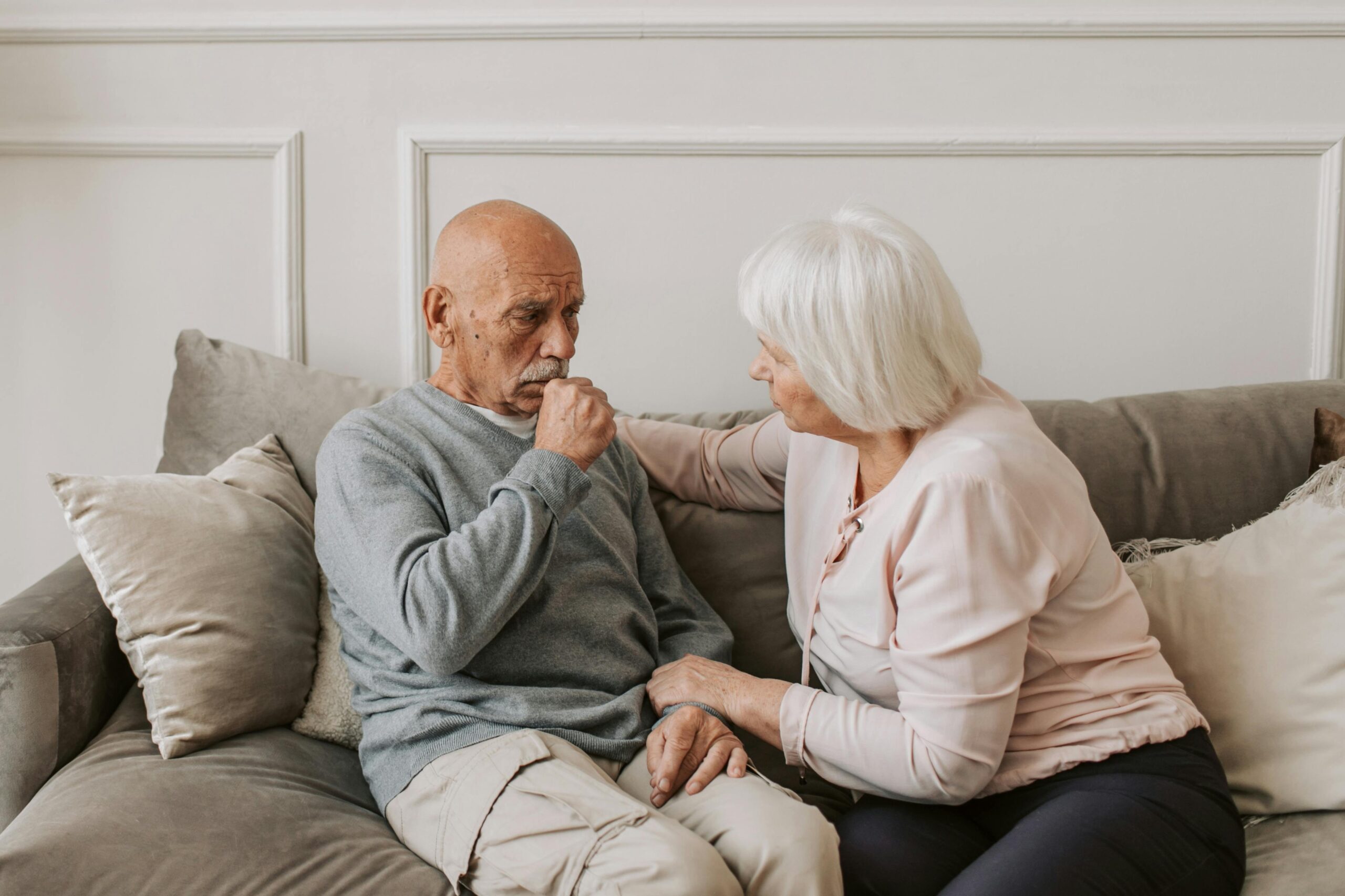
How to Support a Partner with Chronic Illness: A Mental Health Perspective By: Rane Wallace, MS, LPC, LCDC, SAP Living with a chronic illness can

EMDR for Attachment Issues: Building Healthy Relationships By: Rane Wallace, MS, LPC, LCDC, SAP When you hear “EMDR therapy” (Eye Movement Desensitization and Reprocessing), you

How to Deal with a Narcissistic Partner By: Rane Wallace, MS, LPC, LCDC, SAP Do you ever feel like your partner thinks they’re better than

How to Recover from Burnout By: Rane Wallace, MS, LPC, LCDC, SAP Burnout is a common struggle in today’s fast-paced world. Life’s relentless demands can

The Benefits of Attending Couples Counseling By: Rane Wallace, MS, LPC, LCDC, SAP There’s a misconception about couples counseling – that it signals the end

Things to Know About Individual Counseling in Fort Worth, TX By: Rane Wallace, MS, LPC, LCDC, SAP May is Mental Health Awareness Month, a good

Everything You Need to Know About EMDR Therapy By: Rane Wallace, MS, LPC, LCDC, SAP Have you heard about EMDR therapy and want to learn

What is Nature Therapy? (And Why You Should Be Doing It!) By: Rane Wallace, MS, LPC, LCDC, SAP Let’s face it: there’s just something about
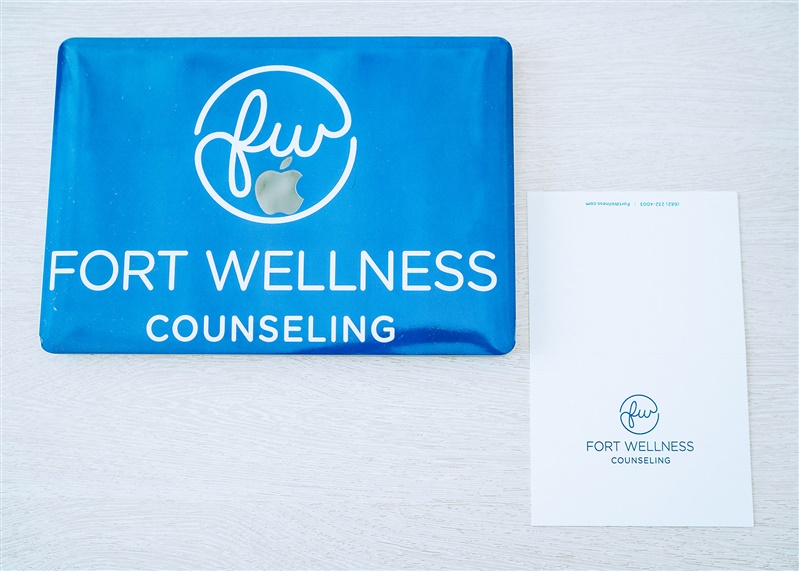
The Benefits of Virtual Therapy in Texas By: Rane Wallace, MS, LPC, LCDC, SAP Technology is changing everything, and healthcare is no different! Thanks to

How to Get Over a Breakup By: Rane Wallace, MS, LPC, LCDC, SAP Breaking up with a romantic partner is painful – no matter the reason

How to Set New Year’s Resolutions By: Rane Wallace, MS, LPC, LCDC, SAP How to Set New Year’s Resolutions Setting goals gives us a sense
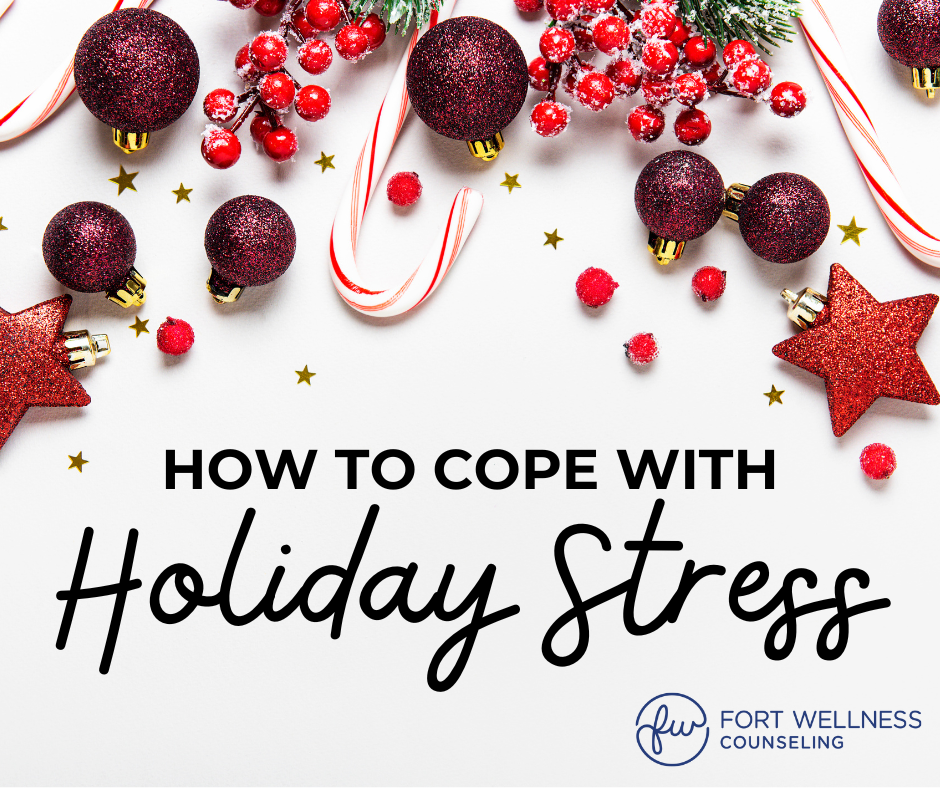
How to Cope with Holiday Stress By: Rane Wallace, MS, LPC, LCDC, SAP Say No to Prevent Burnout There are an abundance of obligations that

Trauma Therapy in Fort Worth: Types, Benefits & More By: Rane Wallace, MS, LPC, LCDC, SAP Believe it or not, an estimated 60% of men

How to Communicate Better in Relationships By: Rane Wallace, MS, LPC, LCDC, SAP Whether with coworkers or your significant other, the ability to communicate effectively

How to Prevent Seasonal Affective Disorder (SAD) By: Rane Wallace, MS, LPC, LCDC, SAP If you’re struggling with winter blues, know you’re not alone. SAD

What is a Functioning Alcoholic? By: Rane Wallace, MS, LPC, LCDC, SAP When someone is deemed a ‘high-functioning alcoholic,’ they’re able to carry out daily

How to Help Yourself – And Others – with Suicidal Ideation By: Rane Wallace, MS, LPC, LCDC, SAP September is Suicide Awareness Month. And while

32 Questions to Strengthen Your Relationship By: Rane Wallace, MS, LPC, LCDC, SAP When was the last time you had a meaningful conversation with your
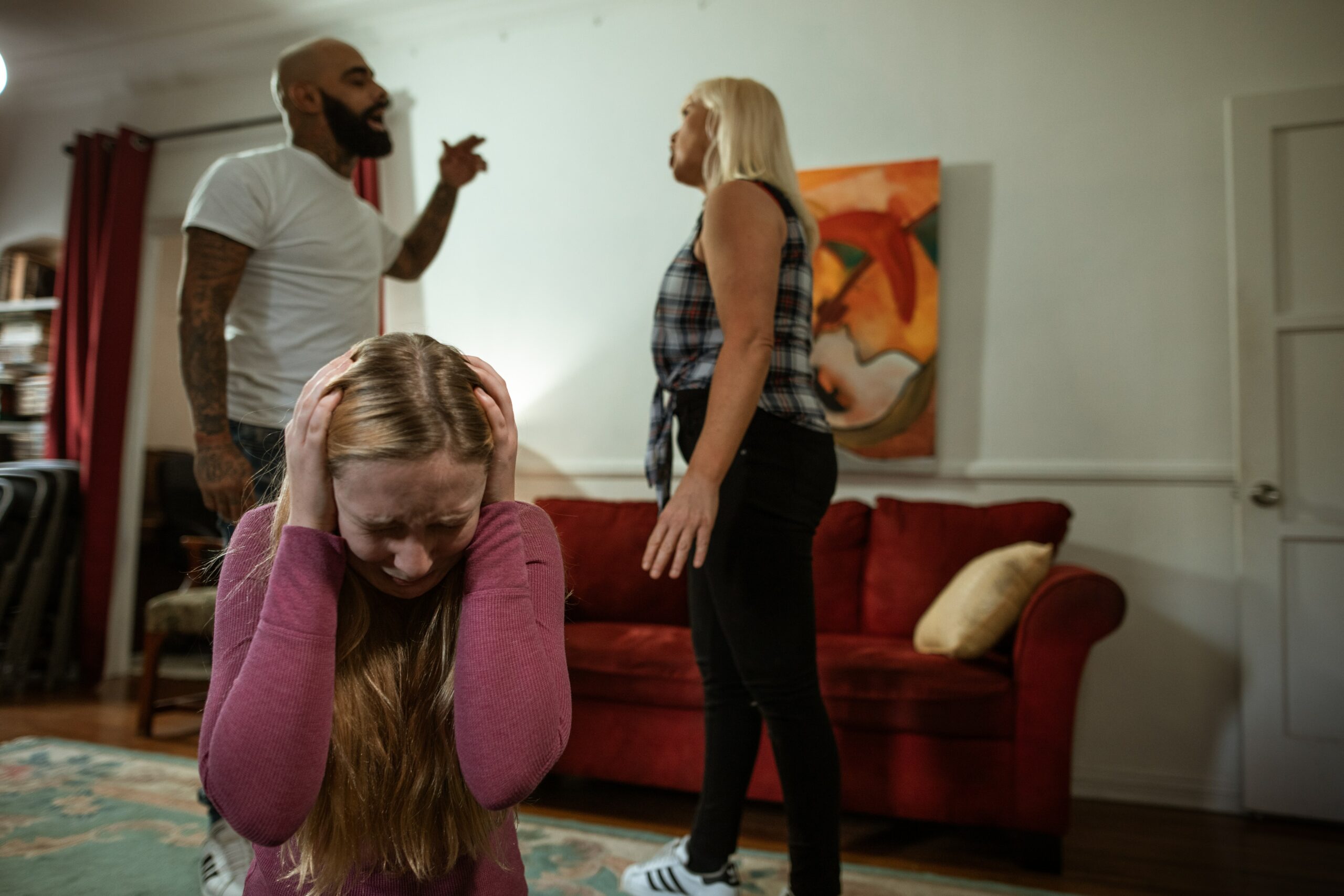
The Fawn Response: How Trauma Can Lead to People Pleasing By: Rane Wallace, MS, LPC, LCDC, SAP Do you often find yourself putting the needs

How to Overcome ‘Hangxiety’ (Post-Drinking Anxiety) By: Rane Wallace, MS, LPC, LCDC, SAP Thought the consequences of drinking heavily were merely physical? Unfortunately, you’ll have

What is Box Breathing? Plus Tips for Beginners By: Rane Wallace, MS, LPC, LCDC, SAP Ever heard of box breathing? This popular relaxation technique involves

Do Mindfulness Exercises for Anxiety Work? By: Rane Wallace, MS, LPC, LCDC, SAP Do mindfulness exercises for anxiety work? If you (or people in your

What is Trauma Bonding? 4 Warning Signs By: Rane Wallace, MS, LPC, LCDC, SAP If you’ve ever been in an abusive relationship and felt bonded

Why Do We Cry? 4 Reasons and Crying Benefits By: Rane Wallace, MS, LPC, LCDC, SAP There’s no getting around it – crying is part

What Is Habit Stacking? (And How to Do It) By: Rane Wallace, MS, LPC, LCDC, SAP Supporting our mental health is one of those goals

5 Tips for Living with Someone with OCD By: Rane Wallace, MS, LPC, LCDC, SAP While living with OCD (obsessive-compulsive disorder) can be demanding, living

What is Assertive Communication? By: Rane Wallace, MS, LPC, LCDC, SAP So, what is assertive communication? Well, in a nutshell, this communication style aims to

PTSD Counseling in Fort Worth: Proven Coping Strategies By: Rane Wallace, MS, LPC, LCDC, SAP For those who didn’t already know, post-traumatic stress disorder (PTSD)

Brainspotting vs. EMDR: What’s the Difference? By: Rane Wallace, MS, LPC, LCDC, SAP According to the National Council for Mental Wellbeing, 70% of American adults

Mindfulness Exercises to Strengthen Your Recovery By: Rane Wallace, MS, LPC, LCDC, SAP Are you recovering from alcohol and/or substance abuse? Self-improvement is a life-long

How to Find a Counselor in Fort Worth By: Rane Wallace, MS, LPC, LCDC, SAP Are you considering therapy? If so, finding a counselor in

How To Not Be Codependent In A Relationship By: Rane Wallace, MS, LPC, LCDC, SAP Wondering how to not be codependent in a relationship? Sometimes

What is Parental Anxiety? Coping Tips from a Therapist By: Rane Wallace, MS, LPC, LCDC, SAP Every parent wants to shield their child from danger

What is EMDR Therapy? By: Rane Wallace, MS, LPC, LCDC, SAP Ever heard of eye movement desensitization and reprocessing therapy? More commonly known as EMDR,

8 Proven Tips to Sleep Better at Night (and Improve Your Mental Health) By: Rane Wallace, MS, LPC, LCDC, SAP Struggling with restless nights and
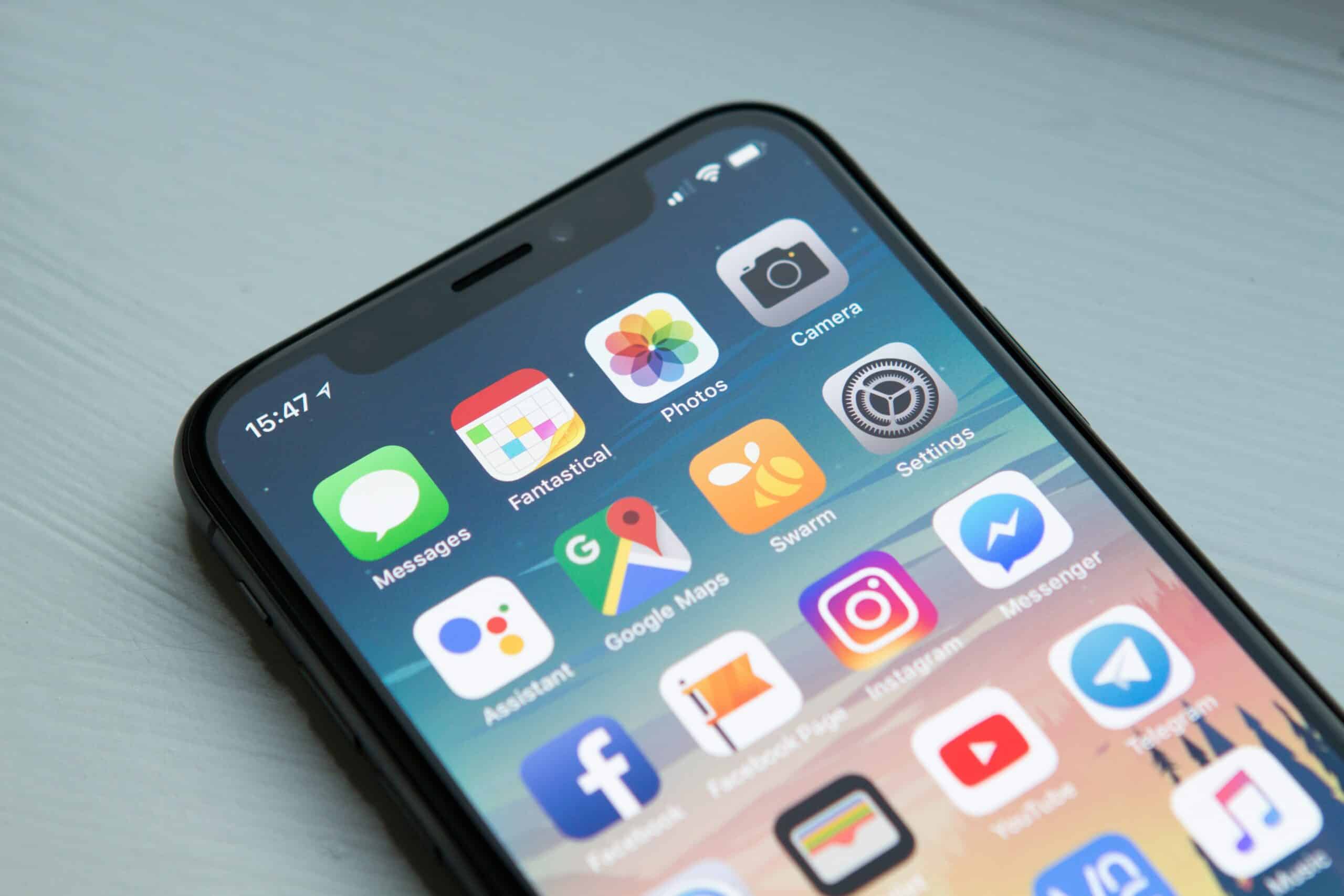
How to Have a Healthy Relationship with Social Media By: Rane Wallace, MS, LPC, LCDC, SAP In today’s world, there’s no escaping the presence of

What Is The Goal of Psychotherapy? By: Rane Wallace, MS, LPC, LCDC, SAP Have you been considering psychotherapy? The start of a new year is